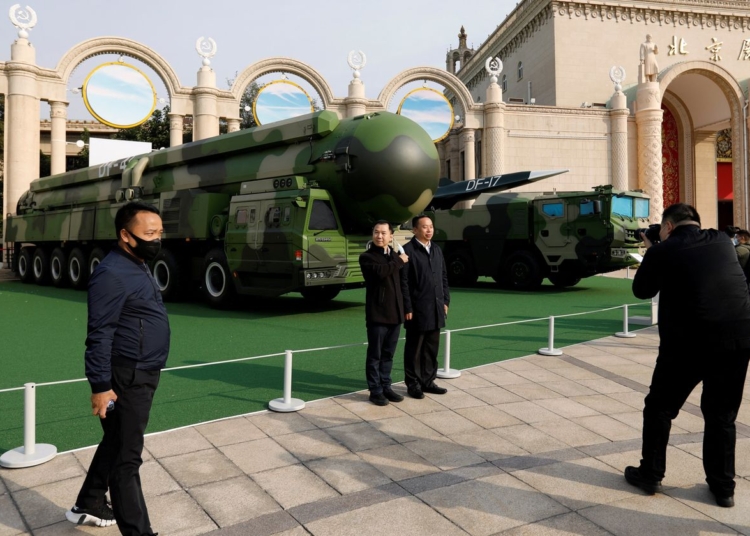The development and deployment of hypersonic missiles have been increasing in recent years, with countries around the world investing in this new class of ultra-fast weapons. Capable of traveling at speeds exceeding Mach 5, hypersonic missiles offer numerous advantages in defense capabilities, including their speed, maneuverability, range, and precision. This has led to a re-evaluation of defense strategies, as traditional missile defense systems are rendered obsolete by the emergence of hypersonic capabilities. However, the global proliferation of hypersonic missiles has sparked concerns about the destabilizing effects on global security, triggering a new arms race and raising challenges and concerns. Nonetheless, it is clear that hypersonic missiles will continue to play a significant role in the future of defense, emphasizing the need for international cooperation to establish norms and regulations for their responsible use.
The Dawn of Hypersonic Missiles
Over the past few years, there has been a significant increase in the development and deployment of hypersonic missiles by various countries around the world. These ultra-fast missiles, capable of traveling at speeds exceeding Mach 5, have been heralded as a game changer in defense capabilities.
What Are Hypersonic Missiles?
Hypersonic missiles are a new class of weapons that are designed to travel at speeds greater than Mach 5, or five times the speed of sound. This makes them incredibly difficult to defend against and gives them the ability to strike targets with unprecedented speed and precision.
Advantages of Hypersonic Missiles
The development of hypersonic missiles has introduced several advantages in defense capabilities. These include:
- Speed – Hypersonic missiles travel at incredibly high speeds, making them difficult to detect and intercept.
- Maneuverability – These missiles are capable of performing sharp maneuvers, making them highly evasive and difficult to track.
- Range – With their high speed and long range, hypersonic missiles can reach targets thousands of miles away in a matter of minutes.
- Precision – The combination of speed and maneuverability allows hypersonic missiles to strike targets with unparalleled accuracy.
Impact on Defense Strategies
The advent of hypersonic missiles has forced countries to re-evaluate their defense strategies. Traditional missile defense systems, designed to counter slower and less maneuverable threats, are now being rendered obsolete by the emergence of hypersonic capabilities.
Global Proliferation
Several countries, including the United States, Russia, China, and others, are actively developing and testing hypersonic missile technologies. This has sparked a new arms race and raised concerns about the destabilizing effect of these weapons on global security.
Challenges and Concerns
As with any new weapons system, hypersonic missiles also present a range of challenges and concerns. These include the risk of accidental escalation, difficulty in monitoring and verifying hypersonic deployments, and the potential for triggering a new arms race.
Despite the challenges and concerns, it is clear that hypersonic missiles are here to stay and will continue to play a significant role in the future of defense. As countries race to develop and deploy these weapons, it is essential for the international community to come together to establish norms and regulations to prevent the destabilizing effects of hypersonic proliferation.












